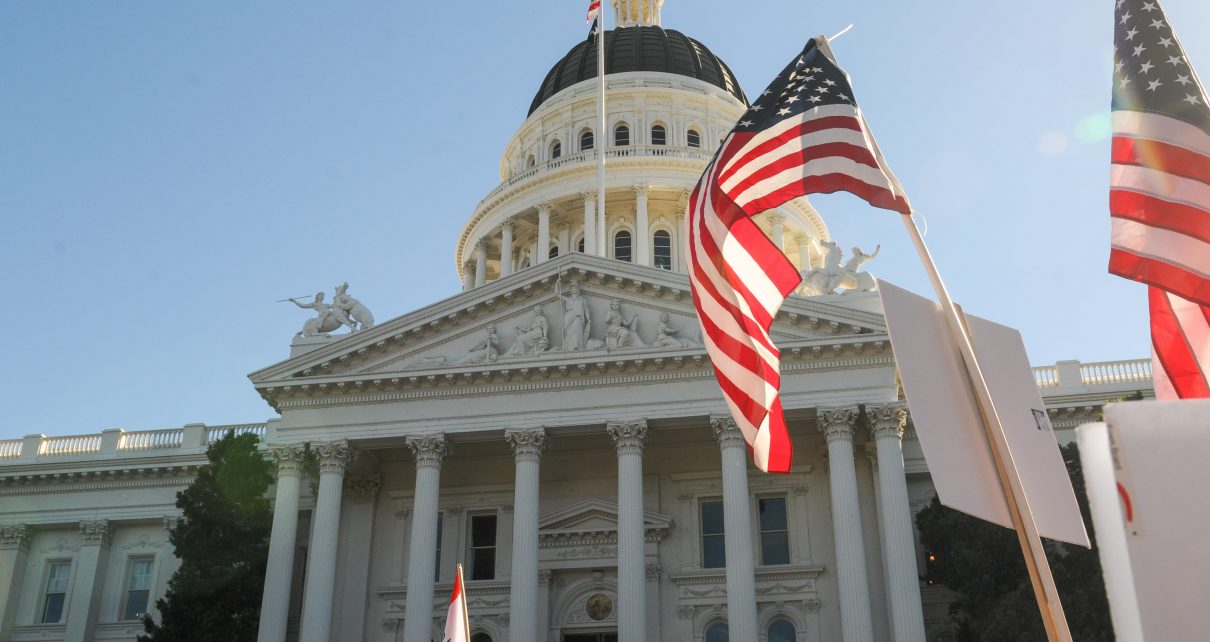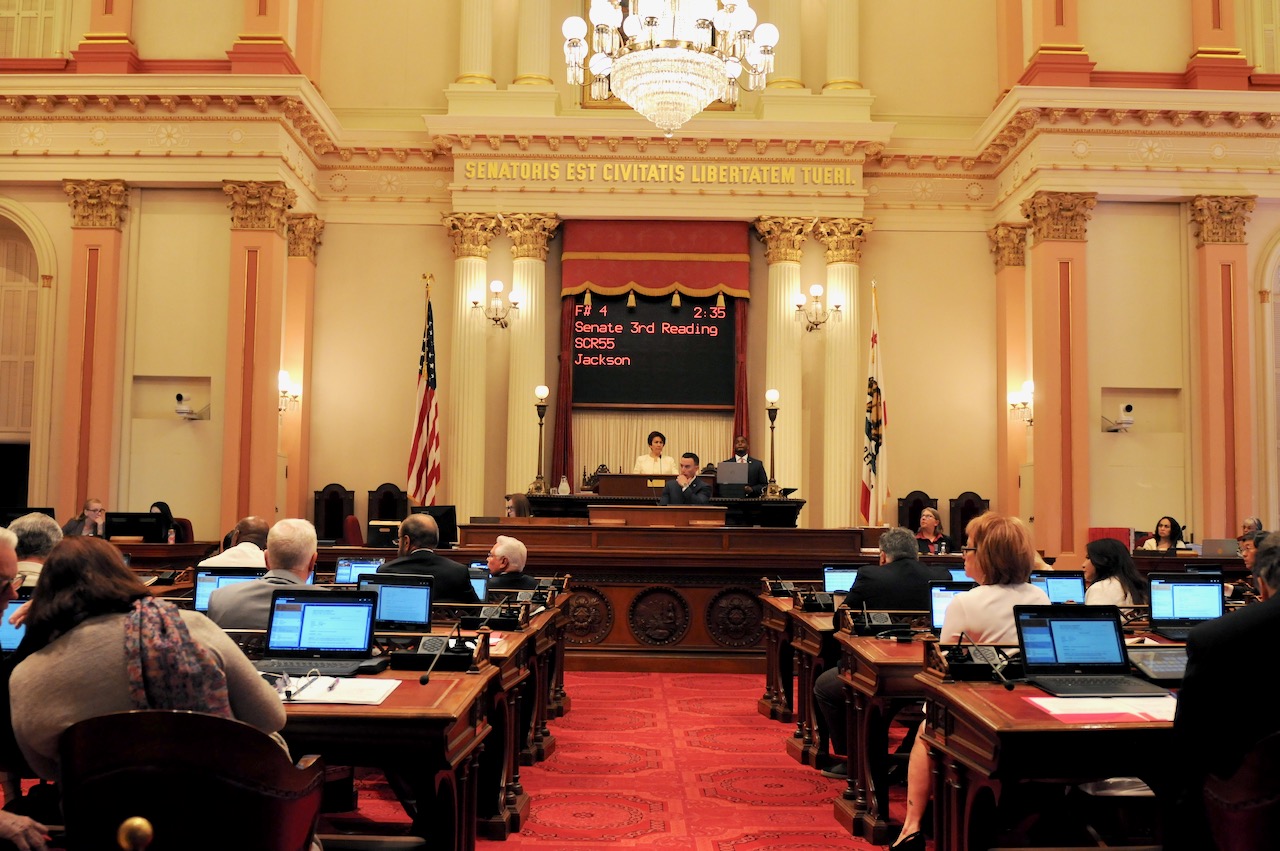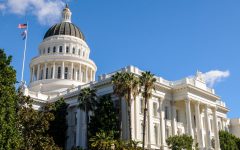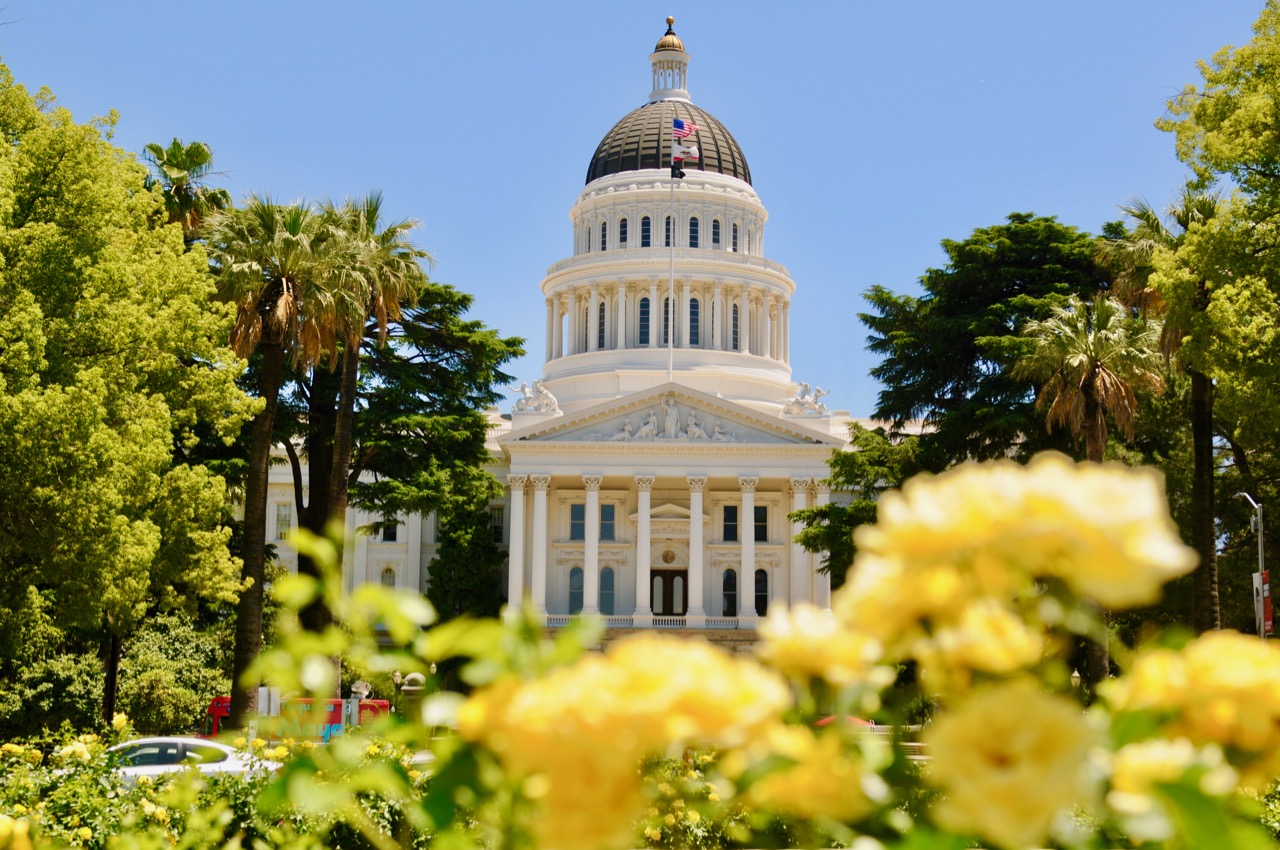
Frequently Asked Questions about the Legislative Open Meetings Law
Can legislators meet informally outside of committee hearings and floor sessions?
By Chris Micheli, January 29, 2024 2:45 am
Does the California Legislature have its own open meetings law? Yes, the California Legislature is bound by the Legislative Open Meetings Law, which is found in Sections 9027 through 9031 of the Government Code.
Can party caucuses meet in private? Yes, caucuses of the Legislature have full authority to meet in closed session.
How does that compare to state agencies? State agencies have very limited authority to meet in closed session, except for specified exceptions such as litigation, personnel actions.
Can legislators meet informally outside of committee hearings and floor sessions? Yes, legislators can meet informally outside of committee meetings and floor sessions to discuss policy so long as no formal action is taken and so long as less than a majority of the body is involved.
Are serial meetings prohibited? Legislative staff and other intermediaries working on behalf of legislators are not counted, and “serial meetings” are not prohibited.
How does that compare to local agencies? The Bagley-Keene Act prohibits serial meetings and counts staff as board members.
Can legislative leaders meet privately with the Governor? Yes, legislators may meet with one another, as well as the Governor, in private to develop policy proposals so long as the product is brought to an open committee meeting or floor session for adoption.
How does that compare to the meeting of state agencies? Designees of a state agency engaging in the same activity would usually constitute a “committee” or “advisory body” which must meet in open session.
Can the public attend official legislative proceedings? Yes, Government Code Section 9027 states that, with certain exceptions, all meetings (defined as a gathering of a quorum in one place for the purpose of discussing official matters) of a house of the Legislature or a committee thereof shall be open and public, and all persons shall be permitted to attend the meetings.
Do official meetings have to be open to the public? Yes, Government Code Section 9028 specifies that any meeting that is required to be open and public can only be held after full and timely notice to the public as provided by the Joint Rules of the Assembly and Senate.
On what bases can a legislative committee hold a private meeting? Government Code Section 9029 states that a house of the Legislature or a committee may hold a closed session solely for any of the following purposes:
(a) (1) To consider the appointment, employment, evaluation of performance, or dismissal of a public officer or employee, to consider or hear complaints or charges brought against a Member of the Legislature or other public officer or employee, or to establish the classification or compensation of an employee of the Legislature.
(2) To consider matters affecting the safety and security of Members of the Legislature or its employees or the safety and security of any buildings and grounds used by the Legislature.
(3) To confer with, or receive advice from, its legal counsel regarding pending or reasonably anticipated, or whether to initiate, litigation when discussion in open session would not protect the interests of the house or committee regarding the litigation.
(b) A caucus of the Members of the Senate, the Members of the Assembly, or the Members of both houses, which is composed of members of the same political party, may meet in closed session.
Is there a penalty for violating this law? Yes, Government Code Section 9030 says that each Member of the Legislature who attends a meeting of the Assembly, the Senate, or any committee or subcommittee, where action is taken in violation of Section 9027, with knowledge of the fact that the meeting is in violation thereof, is guilty of a misdemeanor.
Can a member of the public enforce this law? Yes, Government Code Section 9031 specifies that any interested person may commence an action by mandamus, injunction, or declaratory relief for the purpose of stopping or preventing violations or threatened violations of this law by Members of the Legislature or to determine the applicability of this article to actions or threatened future action of a house of the Legislature or a committee.
- Legislative Intent Does Not Equate to a Mandate - April 27, 2024
- Frequently Asked Questions about State Agency Ethics Training - April 26, 2024
- Frequently Asked Questions about When Elected Officials Take Office - April 25, 2024




